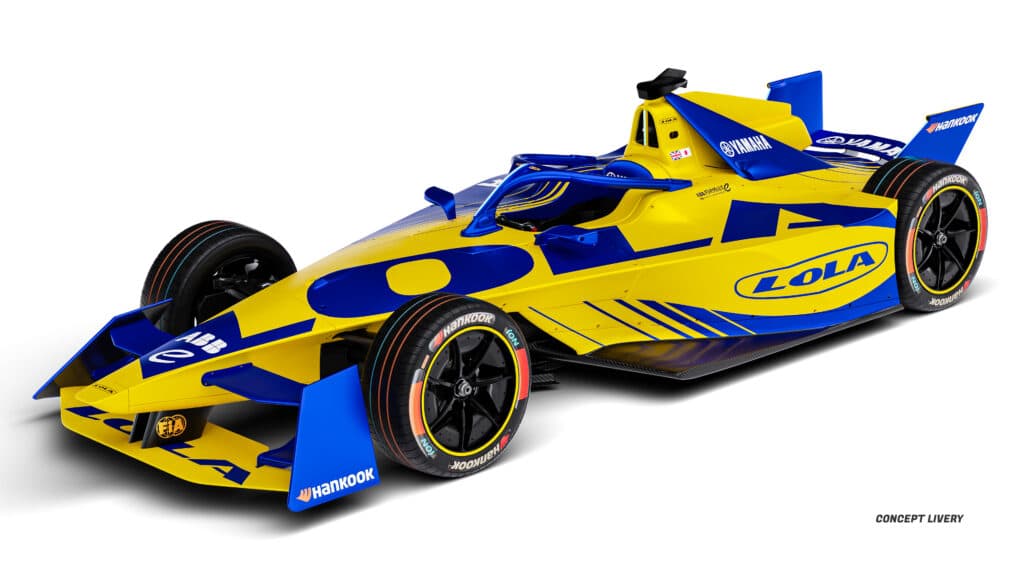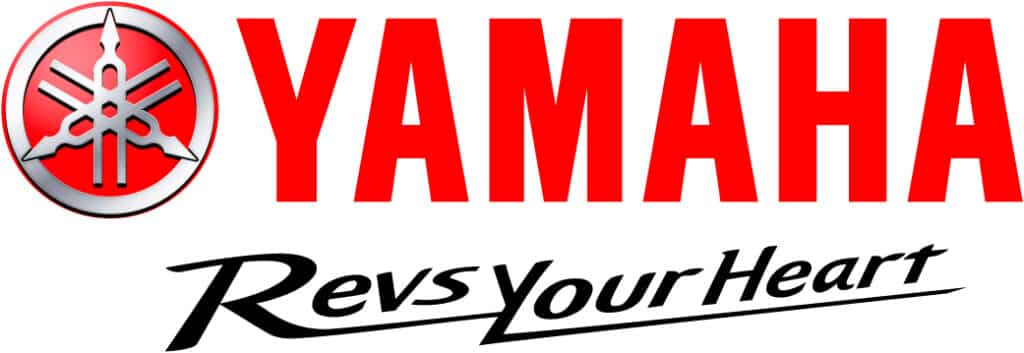‘Formula E’ All-Electric Racecars Are Winning the Race Over Gas Racecars
Formula E, known officially as the ABB FIA Formula E World Championship, is a groundbreaking chapter in the storied annals of American motorsport. This prestigious racing series is the pinnacle of competition for electrically powered single-seater racing cars, exclusively featuring electric racecars.
The Fédération Internationale de l’Automobile (FIA) represents the interests of motoring organizations and motor car users. It is an association and the governing body for many auto racing events, including Formula One.

Since its launch with the inaugural championship race in Beijing, China in September 2014, Formula E has rapidly evolved, pushing the boundaries of electric vehicle technology and promoting sustainability within the realm of competitive racing.
Through its thrilling races held in city centers around the world, Formula E captivates spectators with high-speed action, while championing environmental consciousness and innovation in the automotive industry, and the racing industry in particular.
The ABB FIA Formula E World Championship season features a series of races named e-Prix, which occur in countries and continents across the globe. In a departure from traditional motorsport venues, these races predominantly take place on street circuits designed exclusively for Formula E. These circuits occupy closed public roads situated in the heart of major cities, offering a unique blend of high-speed racing action and urban scenery.
2024 Tokyo E-Prix Round 5, March 29, 2024
Watch live coverage of the 2024 Tokyo E-Prix Round 5 Free Practice 2:
A Select Few E-Prix Are Hosted on Purpose-Built Circuits
Purpose-built circuits like the Autódromo Hermanos Rodríguez in Mexico City are home to a select few e-Prix. At each e-Prix, a comprehensive points system is employed to crown annual World Champions in two categories: one for the drivers and another for the constructors, which refer to the competing teams. To participate in the races, each driver is required to possess a valid e-Licence, which is issued by the FIA, underscoring the rigorous standards and professionalism upheld in this pioneering racing championship.
Formula E cars stand as the fastest regulated electric road-course racing vehicles globally, setting an impressive benchmark in the development of electric motorsport technology. The 2022-23 season witnessed significant advancements with the introduction of the Gen3 car, emphasizing the championship’s commitment to innovation. Notably, major updates were rolled out as software enhancements directly to the cars’ advanced operating systems, showcasing a seamless integration of technology and performance. The Gen3 cars are designed to reach an estimated top speed of 322 km/h (200 mph), significantly pushing the boundaries of electric racecar capabilities.
Tokyo E-Prix Preview Show
Watch highlights of the São Paulo E-Prix and take a look ahead at the Tokyo E-Prix:
Pitstop Recharging Added to the Championship for the First Time
A game-changing feature of these vehicles is their battery’s ability to withstand “flash-charging” at rates of up to 600 kW. This development introduces pitstop recharging to the championship for the first time, marking a significant evolution in race strategy and logistics. In addition to these technological leaps, the Gen3 car boasts a reduced wheelbase—from 3100 mm to 2970 mm—and a lighter weight, clocking in at 760 kg. These modifications not only enhance the car’s speed and agility but also reflect Formula E’s ongoing pursuit of efficiency in electric motorsport.
Championship Features 22 drivers and 11 teams
As of 2024, founder Alejandro Agag serves as the Chairman and Jeff Dodds as the Chief Executive Officer. The championship actively sees participation from 22 drivers and 11 teams, highlighting its expansive and competitive nature as of the 2024 season. The design and engineering of Formula E cars bear a resemblance to the hybrid-drive vehicles of Formula One, yet distinctly powered entirely by electric energy. This sets a sustainable benchmark in the fast-paced world of motorsports.
The Formula E series was officially recognized as an FIA World Championship starting from the 2020–21 season. This prestigious distinction made it the first single-seater racing series outside of Formula One to be bestowed with world championship status, marking an era of recognition and prestige for electric vehicle racing on a global platform. This evolution symbolizes the growing appeal and competitiveness of Formula E.
EV Charging Company ABB Partnered With Formula E
Swedish multinational corporation ABB’s core activities include power generation, transmission and distribution, industrial automation, and robotics. One of ABB’s specialties is electric vehicle fast-charging. ABB’s partnership with Formula E began in 2018, bringing together the well-respected company with the world’s first fully electric international motorsport class.
Björn Rosengren, CEO, ABB, said: “The ABB FIA Formula E World Championship demonstrates the benefits of e-mobility to a global audience. Ultimately, it is helping us to drive progress towards a more sustainable future.”
Yamaha Motor Partners with Lola Cars for the Development and Supply of Powertrains for Formula E
Many well-known and well-respected brands in the racing world are participating in Formula E. One example is an annoucement about a new partnership this week from Yamaha Motor and the UK’s Lola Cars.

On March 28, 2024, Yamaha Motor Co., Ltd. announced that it has entered into a technical partnership agreement with Lola Cars Ltd., a revered name in racing car development. This collaboration is set to revolutionize the ABB FIA Formula E World Championship as it aims to develop and supply high-performance electric powertrains.
Lola Cars, with its rich history of crafting vehicles that have left a mark on international automobile races, brings a wealth of knowledge and innovation to the table. This partnership not only highlights Yamaha’s commitment to advancing electric vehicle technology but also positions the duo as formidable contenders in the world of electric motorsport. With Lola’s experience and Yamaha’s technological prowess, this alliance is poised to usher in a new era of performance in Formula E racing.
Will Gas-Powered Formula One Survive?
Unfortunately, Formula One’s days are numbered. The internal combustion engine (ICE) racing industry is keeping a watchful eye on Formula E, and for good reason. The transition from gas to electric racing is underway as more and more fans migrate from gas racing to electric. Formula One and NASCAR will fully transition to electric, or cease to exist.

Electric Vehicle Marketing Consultant, Writer and Editor. Publisher EVinfo.net.
Portfolio: BillPierce.net
